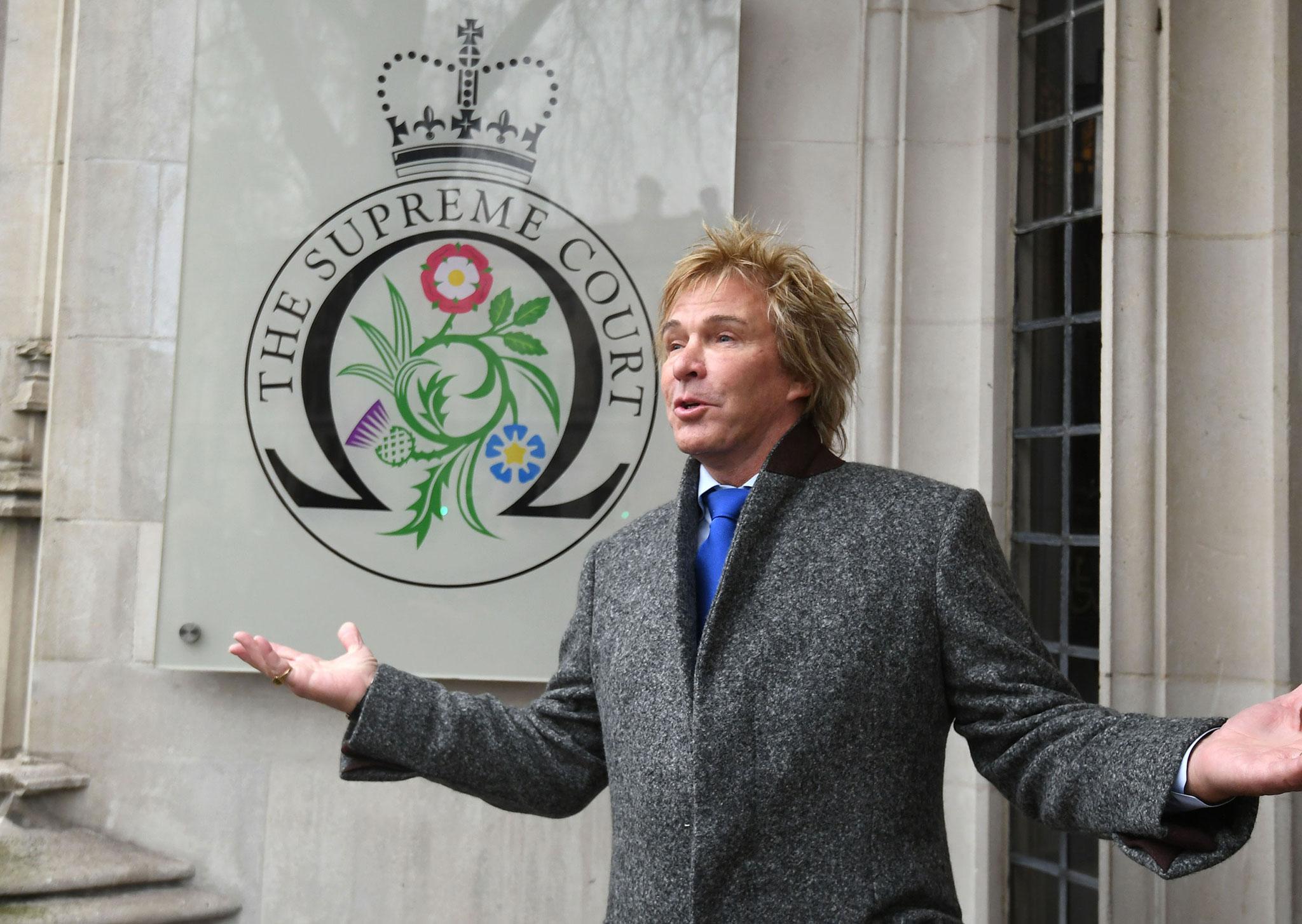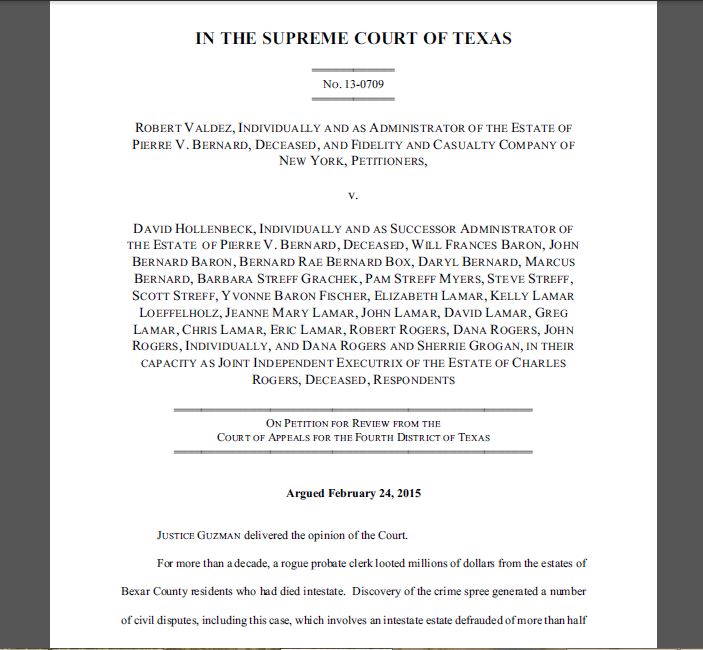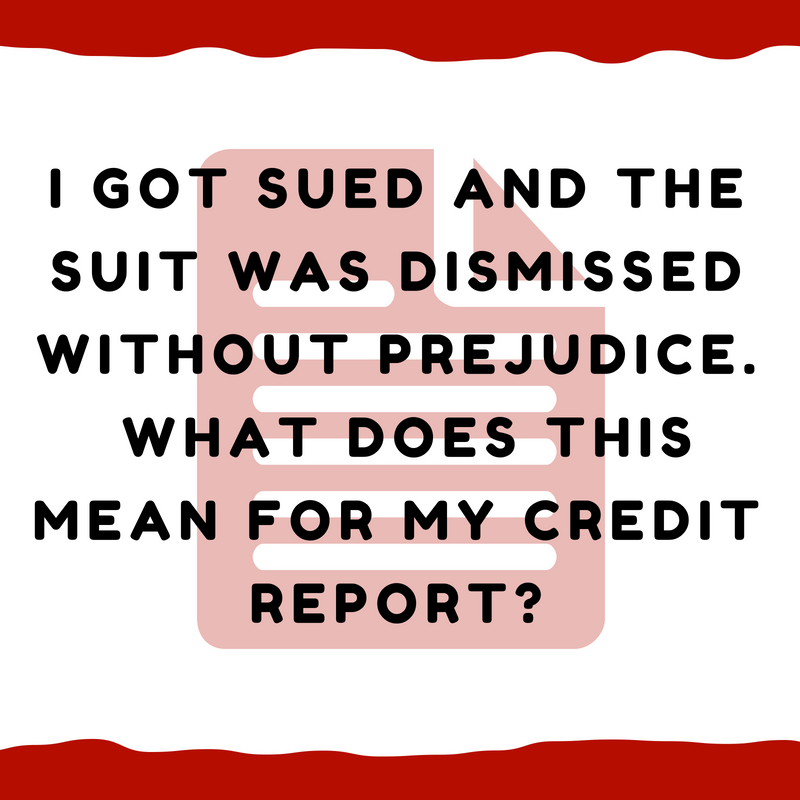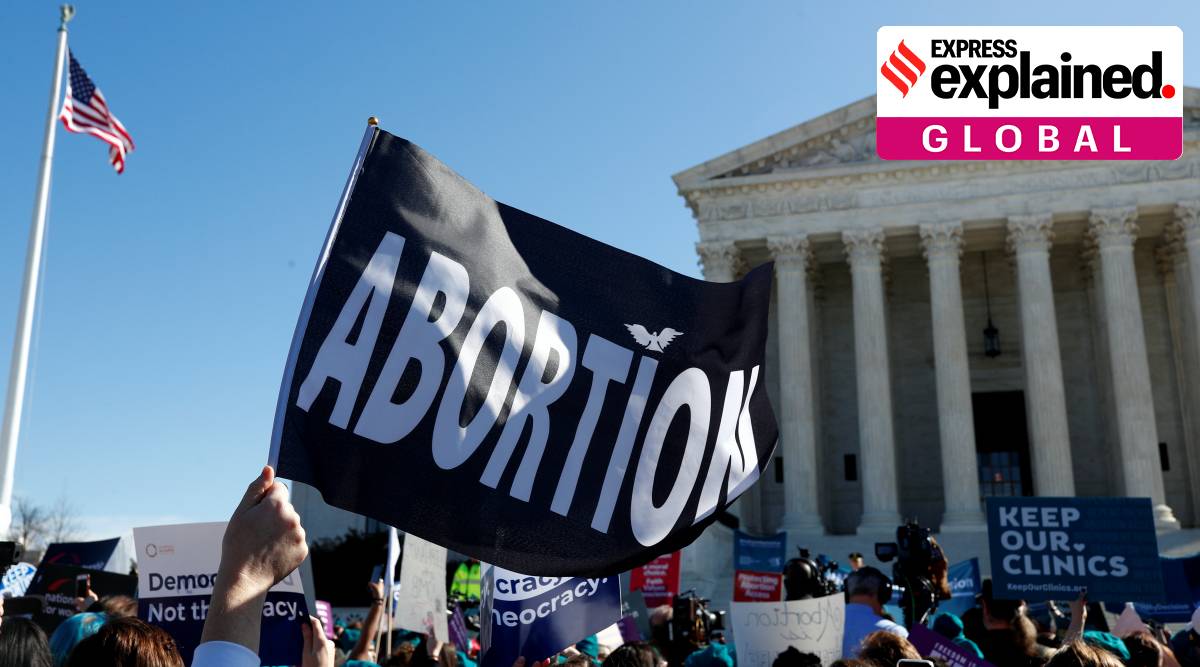Judgments in the Supreme Court are generally 'handed down' in print form. Judges in the civil and appellate courts will usually reflect upon a case before reaching a final decision. They therefore hold back orreservejudgment until a later date.
In criminal cases after the jury has reached a verdict in the trial court, the judge may sentence immediately or call for reports and sentence at a later date. In other courts, decisions of judges are delivered orally and recorded verbatim by the court stenographer. Official and unofficial law reporters attend court and take shorthand notes. If the appellate court grants leave to appeal, the defendant and Prosecutor file briefs that summarize the case facts, frame the legal issues to be decided, and present persuasive written arguments . Either party can request that the case be scheduled before the appellate court judges for oral argument. The appellate court will eventually issue a written opinion .
Not all appellate opinions are "published" (i.e., printed in official "reporter" services, such as Michigan Reporter or Michigan Appellate Reporter). The legal analysis and conclusions in published opinions are given greater precedential authority than "unpublished" opinions. Defendants who are convicted in Superior Court have the right to ask the State's appellate courts to review their case. The appellate court makes its decisions based on written legal arguments and sometimes based on oral arguments from attorneys.
If you want to appeal to the appellate courts, you can give notice of appeal in court after your case is decided, or in writing to the clerk's office afterward (generally within 14 days of the court's decision). To ensure that your appeal is valid, you must follow the procedures outlined in the North Carolina Rules of Appellate Procedure. If the court has ordered you to serve an active sentence in jail or prison, you must begin serving that time during the appeal, unless the court decides that it is appropriate to release you on bond. In some cases, the prosecutor and defendant agree on a sentence, which is included in the plea agreement. In other cases, there is no agreement, and the judge decides on the sentence only after the defendant pleads guilty or is convicted at trial. Judges must sentence defendants according to the sentencing laws that apply to each offense, which provide for a range of possible sentences, including fines, probation, and jail or prison time.
Defendants may be required to pay additional money, such as for court costs and restitution to a victim. The sentencing options that apply to your case depend on the severity of the offense and your prior criminal record. You can find the current sentencing charts for most criminal offenses here. Special sentencing rules apply to impaired driving cases.
The losing party in a criminal prosecution or a civil action may ask a higher court to review the case on the ground that the trial court judge made a mistake. If the law gives the loser the right to a higher court review, his or her lawyers will appeal. If the loser does not have this right, his or her lawyers may ask the court for a writ of certiorari. Under this procedure, the appellate court is being asked to exercise its lawful discretion in granting the cases a hearing for review.
The appellate court cannot change the trial court's decision just because the appellate court judges (called "justices") disagree with it. The trial court is entitled to hear the evidence and come to its own decision. The appellate court can only reverse the trial court's decision if it finds a legal mistake in the trial court proceedings that was so important that it changed at least part of the outcome of the case. Because of this heavy burden on the appellant to prove this type of mistake, it is quite difficult to win an appeal. An appellate court will hear appeals from parties seeking to change the result of the case heard at the trial court.
An appellate court will not answer questions of fact, meaning they will not review the evidence in a case. Instead, the appellate court rules on questions of law, which means it considers legal issues. Unless the charges against you are dismissed or you enter a plea of guilty or nolo contendere, your case will go to trial.
In a jury trial, the judge presides over the courtroom proceedings, and six or more citizens from the community are chosen to hear the evidence presented against you. These citizens determine whether a crime has been committed and whether you are criminally responsible for that crime. In a non-jury trial, the judge alone decides whether a crime has been committed, and whether you are criminally responsible for that crime. After your first appearance, if formal charges are filed, an arraignment will be scheduled. The arraignment is not a trial and not a time when evidence or witnesses can be presented. At most arraignments you are informed of the charges against you, and if you do not have a lawyer the Public Defender's Office may be appointed to represent you, if you qualify.
You may either appear in person for arraignment, or, in appropriate cases, you attorney may file a written plea of not guilty on your behalf. You must attend your arraignment in person unless your attorney has specifically told you otherwise. If a plea of not guilty is entered at your arraignment, your case will normally be scheduled for a pretrial conference. Felony Preliminary Examination --- This is a contested hearing before a District Court Judge, sometimes called a "probable cause hearing", held within 14 days after arraignment. The Prosecutor presents witnesses to convince the Judge that there is at least probable cause to believe that the charged crime was committed and that the defendant committed the crime.
The defendant, through his attorney, can cross-examine the witnesses and present his own evidence . If probable cause is established, the defendant is "bound over" (i.e., sent to) Circuit Court for trial. A defendant can give up his right to a Preliminary Examination.
Most felonies arrive in Circuit Court after such a "waiver". The appellant's case is normally reviewed by a panel of judges at the appellate level. These judges will look at the "record" of the case from the lower court. This record is the documentation of the case—including all the pleadings, motions, and memoranda filed with the court, transcripts from pre-trial, trial, and post-trial hearings, and trial exhibits. Other than the written brief submitted by each party and the oral argument , the appellate judges cannot look beyond this record in making its decision.
If you choose to represent yourself, the court will expect you to follow the same rules of evidence and procedure as a licensed attorney. Pretrial services A function of the federal courts that takes place at the very start of the criminal justice process – after a person has been arrested and charged with a federal crime and before he or she goes to trial. Pretrial services officers focus on investigating the backgrounds of these persons to help the court determine whether to release or detain them while they await trial. The decision is based on whether these individuals are likely to flee or pose a threat to the community.
If the court orders release, a pretrial services officer supervises the person in the community until he or she returns to court. Grand jury - A body of citizens who listen to evidence of criminal allegations, which are presented by the government, and determines whether there is probable cause to believe the offense was committed. As it is used in federal criminal cases, "the government" refers to the lawyers of the U.S.
Grand jury proceedings are closed to the public, and the person suspected of having committed the crime is not entitled to be present or have an attorney present. States are not required to use grand juries, but the federal government must do so under the Constitution. Made up of appellate courts which deal with appeals from the district courts in their circuit. Serve To deliver legal papers to the opposing party either by mail or personal service according to the Appellate Rules.
You need to tell the court how you served the other side with ever document filed by filling out a certificate of service form. The certificate of service is found on the bottom of the forms on this website or you can use a separate certificate of service form. Service of process The delivery of legal papers to the opposing party. Slip opinion A slip opinion is the final written decision of the Supreme Court that will be published in a book called a Reporter. Slip opinions and published opinions have precedential value.
This means that you can cite to the case that the opinion was written about in legal documents such as appeal briefs and motions to support an issue you are arguing in your case. In hearing court cases and making decisions, judges have to follow certain special rules, called 'rules of evidence.' Self-represented people and lawyers have to follow the same rules. The rules help judges decide whether to accept and believe the information presented in the case. Your attorney may file discovery motions to get witness lists, police reports, witnesses' statements, reports of experts and other important facts in your case in the possession of the prosecutor. Discovery depositions and other statements given under oath may be taken from witnesses. Your attorney also may talk with the prosecutor to get some idea of the prosecutors' intentions in your case.
The prosecutor may decide to "plea bargain" either by agreeing to reduce the charges against you or agreeing to a lower sentence in exchange for a plea of guilty or nolo contendere . If the prosecutor offers a plea bargain to you, your attorney is required to tell you about it even if you are innocent or want a trial. Your attorney telling you what the prosecutor has offered does not mean your attorney agrees with the prosecutor or believes that you should enter a plea of guilty or nolo contendere.
Sentencing in Michigan varies with the crime and can be the most confusing part of the criminal process. The judge will consider the information in the pre-sentence report , additional evidence offered by the parties, comments by the crime victim, and other information relevant to the judge's sentencing decision. For felonies, the Circuit Court judge will consult "sentencing guidelines" (originally established by the Michigan Supreme Court, but now applicable by recent "Truth in Sentencing" laws). The sentencing guidelines factor in aspects of the defendant's criminal conduct and his prior record, to determine the minimum jail/prison sentence.
The judge may consider different alternatives, such as a fine, probation, community service, a sentence to jail or prison, or a combination. The judge must also order the defendant to make restitution to any victims who have suffered financial harm. This is the first court appearance for any misdemeanor or felony. Once arrested and charged with a felony, the suspect appears in District Court for arraignment. The defendant is told what the charge is and the maximum penalty if convicted, and is advised of his constitutional rights to a jury or bench trial, appointed attorney, presumption of innocence, etc.
The conditions and amount ofbond are determined by the judge. In some cases --- generally based on the nature of the charge --- the Judge imposes conditions on the bond, such as no contact with the victim. Bond is set in almost every case, but it is up to the defendant's own resources to post the bail money, which allows him to be released. If paternity is proved or admitted, the judge will sign an Order of Filiation, an official court paper saying that the person is the father of the child. Then the hearing will continue to decide support rights. A man charged in a contested paternity proceeding may hire a lawyer to represent him or can have a lawyer appointed if he cannot afford one.
If the mother is using the services of the Support Collection Unit at the Department of Social Services, that Unit will represent the mother regardless of income. Abbreviations for lower courts vary by state, as each state has its own system of trial courts and intermediate appellate courts. When a case appears in both an official reporter and a regional reporter, either citation can be used. Generally, citing to the regional reporter is preferred, since out-of-state attorneys are more likely to have access to these. Some state courts require that parallel citations be used when citing cases from any court in that state's system. Nondischargeable debt A debt that cannot be eliminated in bankruptcy.
Binding precedent - A prior decision by a court that must be followed without a compelling reason or significantly different facts or issues. Courts are often bound by the decisions of appellate courts with authority to review their decisions. For example, district courts are bound by the decisions of the court of appeals that can review their cases, and all courts – both state and federal – are bound by the decisions of the Supreme Court of the United States.
Generally, appellate court decisions that will be used as future precedent are published in sources specific to that court. Attorneys use published case law as a means to interpret the law. For these reasons, few trial court decisions are published in case reporters.
Appellate Rule 504 is the special rule that discusses these motions. Enforce To take legal steps to make sure someone complies with a judgment. Evidence Any proof legally presented at a trial or hearing through witnesses, records, and/or exhibits. Exhibit A paper, document or other physical object received by the lower court as evidence during a trial. In law, an appeal is a process for requesting a formal change to a previous legal determination.
Depending on the circumstances, appeals may be made to the same authority or to a higher judicial authority. This is generally the first time that the Prosecuting Attorney's office is involved in a case, unless a prosecutor reviewed a search warrant or visited the crime scene. At this stage, the Prosecutor determines whether a person should be charged with a crime and, if so, what the crime should be. The Prosecutor must thoroughly review all reports and records concerning the case, including witness statements. The Prosecutor also reviews the suspect's prior criminal or traffic record.
Occasionally, the reviewing Prosecutor sends the case back to the police to conduct additional investigation. Can there be a civil lawsuit and criminal charges for the same event? If someone is injured or their property is damaged due to a crime, that person also might sue the person who committed the crime. This civil lawsuit usually is intended for the victim to get money to make up for their loss and is a separate case from the criminal charge.
Additionally, victims of certain crimes like domestic violence, sexual assault, or stalking can file for civil orders requiring the defendant to stay away and have no contact with them. See the Domestic Violence Help Topic for more information. If your appeal is successful, the appellate court may grant you a new trial, send the case back to the trial court for a hearing or, in unusual circumstances, dismiss your case.
The appellate court can review the evidence presented at your trial to see if there was a legal error. The appellate court doesn't decide the facts of the case as the judge or the jury in a trial does. When the person charged with support lives in another country, state or county, a Uniform Support of Dependents Law petition is filed. All parties in a support case have a right to a hearing. This is held at least 40 days after the case was adjourned for the callover. It deals with any procedural issues and makes sure the case is ready to proceed to trial.
You don't usually need to attend the case review or jury trial callover. The prosecutor or court victim advisor will tell you if you do, or you can tell them if you want to attend. If a guilty plea is entered at this stage in proceedings the Judge may impose sentence straight away or may adjourn the case so that reports can be prepared. Whether the case is dealt with straight away will depend on factors including how serious the charge is, whether the person charged has previous convictions and the outcome or sentence that is being sought. If the person charged wants to apply for a discharge without conviction then a written application needs to be prepared and filed. In Category 2 cases where a trial sees a judge hearing the case without a jury, the review hearing takes place 30 working days after a defendant pleads not guilty to an alleged crime.






















No comments:
Post a Comment
Note: Only a member of this blog may post a comment.